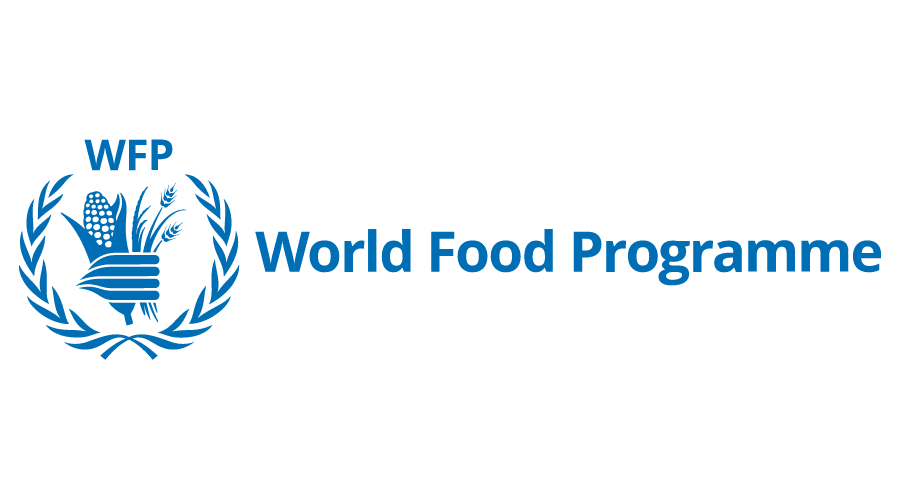Millions of Afghans to face starvation this winter unless urgent action is taken: UN WFP
Tue 26 Oct 2021, 10:01:51

Millions of Afghans will face starvation this winter unless urgent action is taken, the UN World Food Programme (WFP) has warned. More than half the population - about 22.8 million people - face acute food insecurity, while 3.2 million children under five could suffer acute malnutrition, the WFP said.
Afghanistan is now among the world's worst humanitarian crises, said David Beasley, the executive director of the WFP.
Afghanistan fell to the Taliban in August after the US pulled out the last of its remaining troops and the militants swept across the country retaking ground. The takeover weakened an already fragile economy that was heavily dependent on foreign aid. Western powers suspended aid and the World Bank and International Monetary Fund also halted payments.
A nation is considered aid-dependent when 10% or more of its gross domestic product comes from foreign aid; in Afghanistan's case, about 40% of GDP was international aid, according to the World Bank.
The WFP warned that the looming winter
threatened to further isolate Afghans dependent on humanitarian assistance to survive. And for the first time in Afghanistan, urban residents are suffering from food insecurity at similar rates to rural communities, the organisation said.
threatened to further isolate Afghans dependent on humanitarian assistance to survive. And for the first time in Afghanistan, urban residents are suffering from food insecurity at similar rates to rural communities, the organisation said.
In September, the WFP warned that only five percent of Afghan families had enough to eat every day. Basic ingredients like cooking oil and wheat had skyrocketed in price. In October, the organisation warned that one million children were at risk of dying from severe acute malnutrition without immediate life-saving treatment.
In September, more than $1bn (£720m) was pledged by the international community at a conference in Geneva to support Afghans with about a third earmarked for the WFP.
But according to the WFP on Monday, the UN humanitarian assistance programme remains only a third funded. The organisation said it may require as much as $220m (£159.6m) per month to meet the task, calling the current financial commitments a "drop in the ocean".
No Comments For This Post, Be first to write a Comment.
Most viewed from International
Most viewed from World
AIMIM News
Latest Urdu News
Most Viewed
May 26, 2020
Do you think Canada-India relations will improve under New PM Mark Carney?
Latest Videos View All
Like Us
Home
About Us
Advertise With Us
All Polls
Epaper Archives
Privacy Policy
Contact Us
Download Etemaad App
© 2025 Etemaad Daily News, All Rights Reserved.



.jpg)






.jpg)
.jpg)








.jpg)
.jpg)
.jpg)
.jpg)
.jpg)

















